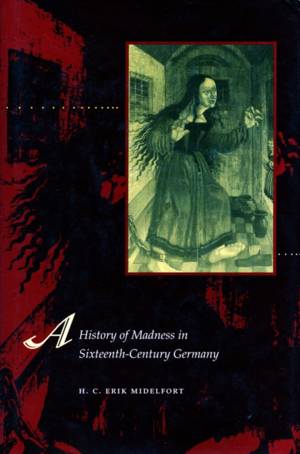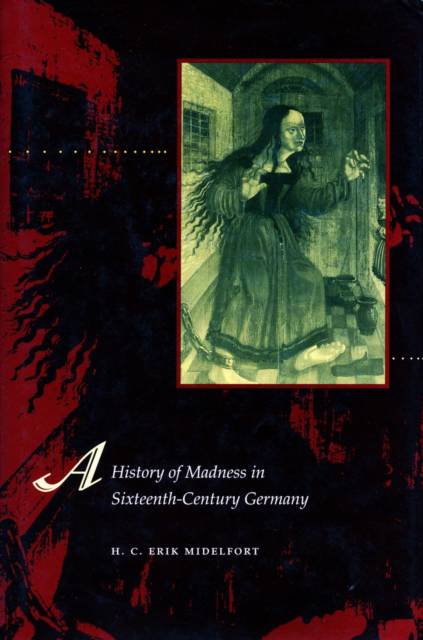
- Retrait gratuit dans votre magasin Club
- 7.000.000 titres dans notre catalogue
- Payer en toute sécurité
- Toujours un magasin près de chez vous
- Retrait gratuit dans votre magasin Club
- 7.000.0000 titres dans notre catalogue
- Payer en toute sécurité
- Toujours un magasin près de chez vous
Description
This magisterial work explores how Renaissance Germans understood and experienced madness. It focuses on the insanity of the world in general but also on specific disorders; examines the thinking on madness of theologians, jurists, and physicians; and analyzes the vernacular ideas that propelled sufferers to seek help in pilgrimage or newly founded hospitals for the helplessly disordered. In the process, the author uses the history of madness as a lens to illuminate the history of the Renaissance, the Reformation and Counter-Reformation, the history of poverty and social welfare, and the history of princely courts, state building, and the civilizing process.
Rather than try to fit historical experience into modern psychiatric categories, this book reconstructs the images and metaphors through which Renaissance Germans themselves understood and experienced mental illness and deviance, ranging from such bizarre conditions as St. Vitus's dance and demonic possession to such medical crises as melancholy and mania. By examining the records of shrines and hospitals, where the mad went for relief, we hear the voices of the mad themselves.
For many religious Germans, sin was a form of madness and the sinful world was thoroughly insane. This book compares the thought of Martin Luther and the medical-religious reformer Paracelsus, who both believed that madness was a basic category of human experience. For them and others, the sixteenth century was an age of increasing demonic presence; the demon-possessed seemed to be everywhere. For Renaissance physicians, however, the problem was finding the correct ancient Greek concepts to describe mental illness. In medical terms, the late sixteenth century was the age of melancholy. For jurists, the customary insanity defense did not clarify whether melancholy persons were responsible for their actions, and they frequently solicited the advice of physicians.
Sixteenth-century Germany was also an age of folly, with fools filling a major role in German art and literature and present at every prince and princeling's court. The author analyzes what Renaissance Germans meant by folly and examines the lives and social contexts of several court fools.
Spécifications
Parties prenantes
- Auteur(s) :
- Editeur:
Contenu
- Nombre de pages :
- 456
- Langue:
- Anglais
Caractéristiques
- EAN:
- 9780804741699
- Date de parution :
- 01-08-00
- Format:
- Livre broché
- Format numérique:
- Trade paperback (VS)
- Dimensions :
- 155 mm x 233 mm
- Poids :
- 635 g

Les avis
Nous publions uniquement les avis qui respectent les conditions requises. Consultez nos conditions pour les avis.






